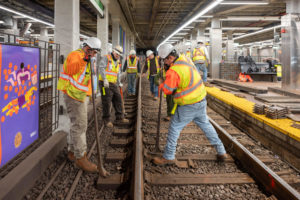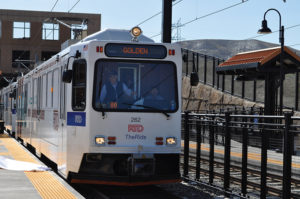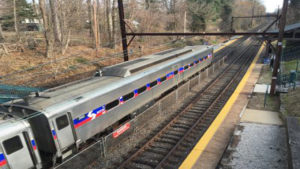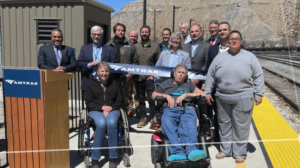Transit agencies concerned about impact of Omicron variant
Written by David C. Lester, Editor-in-Chief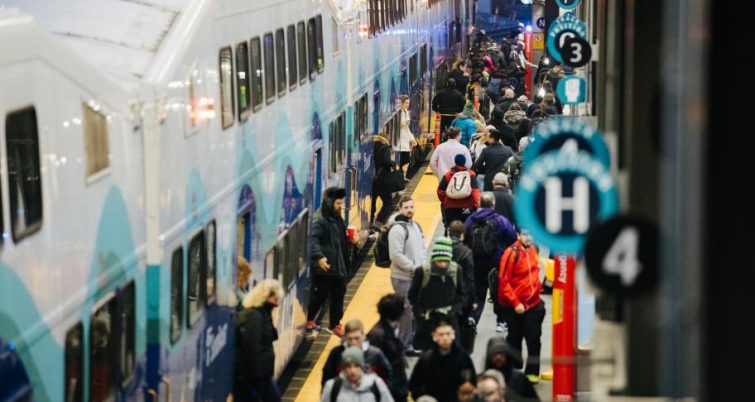
Transit agencies are feeling the effects of and concerned about the future impact of the Omicron variant of COVID-19 as the virus blankets North America and many parts of the world.
Transit agencies in North America are concerned about potential ridership reduction brought about by the latest spike, along with the impact on agency employees, and whether they’ll have enough personnel to operate their systems. Employees could have an active COVID case, have been exposed to someone with COVID requiring quarantine anywhere from five to 14 days, or test positive for the virus – any of which could create worker shortages.
According to the Worldometer COVID case tracking service, the United States saw 389,061 new cases on Sunday, Jan. 2, and 426,051 new cases on Monday, January 3. Since the first mask mandate in February 2021, the Federal Transit Administration has extended the face mask requirement for passengers on transit/commuter trains three times, with the current mandate through March 18, 2022. Given the current spike, chances are the mask mandate will be extended a fourth time.
Surprising as it may sound, it’s a little early to determine exactly how, and how long, this latest spike will impact transit, and what actions agencies should take in the near term. For example, there is confusion among school districts and employers as to whether students and workers should come into schools and offices, or whether they should return to remote learning and remote work until we see how long this spike lasts. Transit agencies are continuously monitoring the situation, and we could see announcements of service reductions in next few days or couple of weeks. Meanwhile, hospitals are overflowing with COVID patients, placing a strain on their ability to care for patients needing emergency surgery, victims of automobile accidents, or those who have faced other calamities.
The New York Times reports today that several school systems, including those in Newark, Milwaukee, Cleveland, and Atlanta have returned to remote learning.
Railway Track & Structures will continue to follow and report on this situation.

